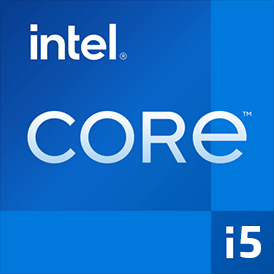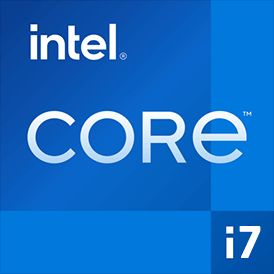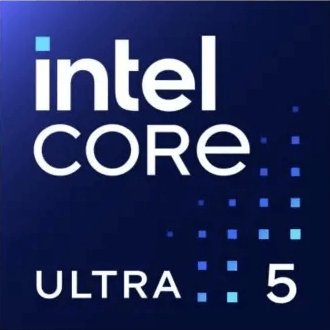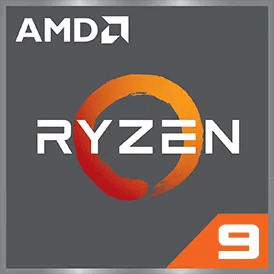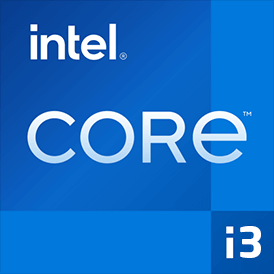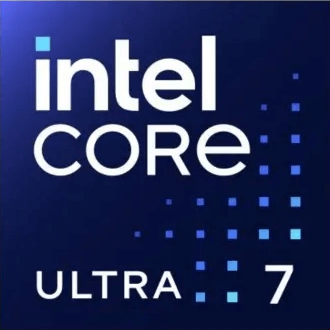Intel Core i5 1030NG7 vs Apple M2 Pro
We compared two laptop CPUs: Intel Core i5 1030NG7 with 4 cores 1.1GHz and Apple M2 Pro with 12 cores 3.5GHz . You will find out which processor performs better in benchmark tests, key specifications, power consumption and more.
Main Differences
Intel Core i5 1030NG7 's Advantages
Lower TDP (10W vs 30W)
Apple M2 Pro 's Advantages
Released 2 years and 10 months late
Higher specification of memory (6400 vs 3733)
Larger memory bandwidth (204.8GB/s vs 58.3GB/s)
Newer PCIe version (4.0 vs 3.0)
Higher base frequency (3.5GHz vs 1.1GHz)
More modern manufacturing process (5nm vs 10nm)
Score
Benchmark
Cinebench R23 Single Core
Intel Core i5 1030NG7
1044
Apple M2 Pro
+56%
1632
Cinebench R23 Multi Core
Intel Core i5 1030NG7
4167
Apple M2 Pro
+234%
13929
Geekbench 6 Single Core
Intel Core i5 1030NG7
1239
Apple M2 Pro
+113%
2650
Geekbench 6 Multi Core
Intel Core i5 1030NG7
3183
Apple M2 Pro
+348%
14275
Blender
Intel Core i5 1030NG7
25
Apple M2 Pro
+912%
253
Geekbench 5 Single Core
Intel Core i5 1030NG7
1120
Apple M2 Pro
+77%
1986
Geekbench 5 Multi Core
Intel Core i5 1030NG7
3426
Apple M2 Pro
+333%
14863
Passmark CPU Single Core
Intel Core i5 1030NG7
1768
Apple M2 Pro
+132%
4116
Passmark CPU Multi Core
Intel Core i5 1030NG7
5855
Apple M2 Pro
+348%
26265
General Parameters
Mar 2020
Release Date
Jan 2023
Intel
Manufacturer
Apple
Laptop
Type
Laptop
x86-64
Instruction Set
ARMv8
Ice Lake Y
Core Architecture
Apple M2
i5-1030NG7
Processor Number
-
BGA-1377
Socket
Apple M-Socket
Iris Plus Graphics G7 (64 EU)
Integrated Graphics
Apple M2 Pro GPU (19-core)
Package
-
Transistor Count
40 billions
10 nm
Manufacturing Process
5 nm
10 W
Power Consumption
30 W
100 °C
Peak Operating Temperature
100°C
CPU Performance
4
Performance Cores
8
8
Performance Core Threads
8
1.1 GHz
Performance Core Base Frequency
3.5 GHz
3.5 GHz
Performance Core Turbo Frequency
-
-
Efficiency Cores
4
-
Efficiency Core Threads
4
-
Efficiency Core Base Frequency
2.4 GHz
4
Total Core Count
12
8
Total Thread Count
12
100 MHz
Bus Frequency
-
11x
Multiplier
-
48 K per core
L1 Cache
192 K per core
512 K per core
L2 Cache
32 MB shared
6 MB shared
L3 Cache
-
No
Unlocked Multiplier
No
Memory Parameters
LPDDR4-3733
Memory Types
LPDDR5-6400
32 GB
Max Memory Size
32 GB
2
Max Memory Channels
4
58.3 GB/s
Max Memory Bandwidth
204.8 GB/s
No
ECC Memory Support
No
Graphics Card Parameters
true
Integrated Graphics
true
300 MHz
GPU Base Frequency
450 MHz
1050 MHz
GPU Max Dynamic Frequency
1398 MHz
512
Shader Units
2432
64
Texture Units
152
8
Raster Operation Units
76
-
Execution Units
304
15 W
Power Consumption
35 W
5120x3200 - 60 Hz
Max Resolution
7680x4320 - 60 Hz
-
Graphics Performance
6.8 TFLOPS
